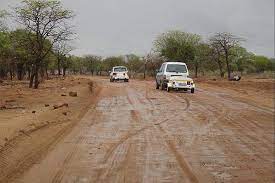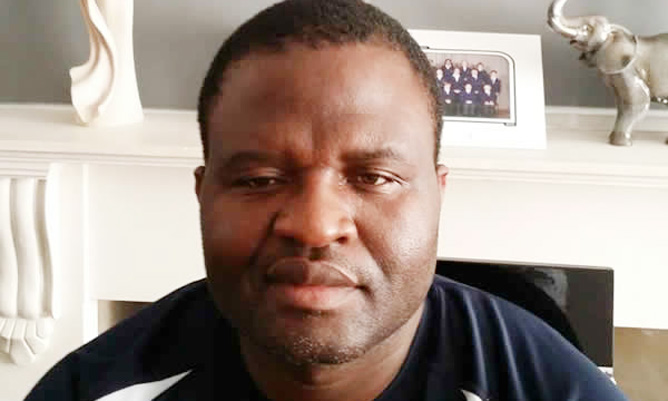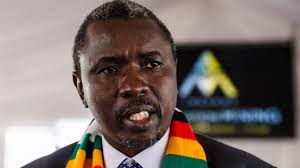Poor Infrastructure killing Investment In Mberengwa

DUSTY: This is the state of roads in the mineral endowed Mberengwa
PETROTRADE board Chairperson Tinomudaishe Chinyoka has said poor infrastructure in Mberengwa is proving an albatross to development.
In an interview with NewZimbabwe.com Tuesday, Chinyoka who hails from the far flung district, said: “I wouldn’t agree with the characterisation that our minerals are underexploited, certainly when we look at it we think it’s the opposite, and that the biggest problem is in fact that we do not benefit as people of Mberengwa from such exploitation. That is certainly our framing of the problem,” he said.“Exploitation of minerals is an intensive process that calls for serious investment and relies on good infrastructure.
We don’t have much infrastructure of note in Mberengwa. We don’t have good roads, at all. We don’t have enough water reservoirs. We don’t have good network connectivity for telecommunications. We don’t have good schools or health facilities such as would attract the kind of people you want living in the area. Without these things, we don’t attract the right kind of investment, and those that do come end up stripping assets and going away, without investing back,” he said.He added that the rural Mberengwa community is not empowered to push for corporate social responsibility.“We also don’t have empowered communities to push for tangible corporate social responsibility (CSR) benefits from what little investment is there.

Or perhaps we are not united enough to demand such CSR benefits, because how else does one explain the fact that Mimosa Mine for example went and housed itself in Zvishavane when Mberengwa Centre was just a stone throw away? Clearly we didn’t market ourselves well to them there, and businesses make decisions based on their bottom line: we needed to have put in a good case and I suspect we failed. That probably speaks to weak local leadership, unaware of what communities can demand from corporations that are extracting finite resources from their land. We once had mukwa forests in Mberengwa, they are gone, and gone too are the companies that hewed them: we were left with nothing.
The same might happen to our minerals too,” he said.“I like to think that l was inspired by President Mnangagwa’s desire to bring about a middle income economy and standard of living to Zimbabwe by 2030. Second, having grown up in Mberengwa, I know first hand how hard life can be, and that education is the one ticket most people have out of poverty. That is why most of my projects are in education, building new schools, expanding existing schools, giving scholarships to deserving children and providing other education support services. There is a Shona phrase: “tisu vanhu vacho”, which l think best explains why l felt the push to do these projects. If I (as a person whose forefathers called Mberengwa home), didn’t step up, who would? Surely not someone from outside,” he said.
–New Zimbabwe.com




